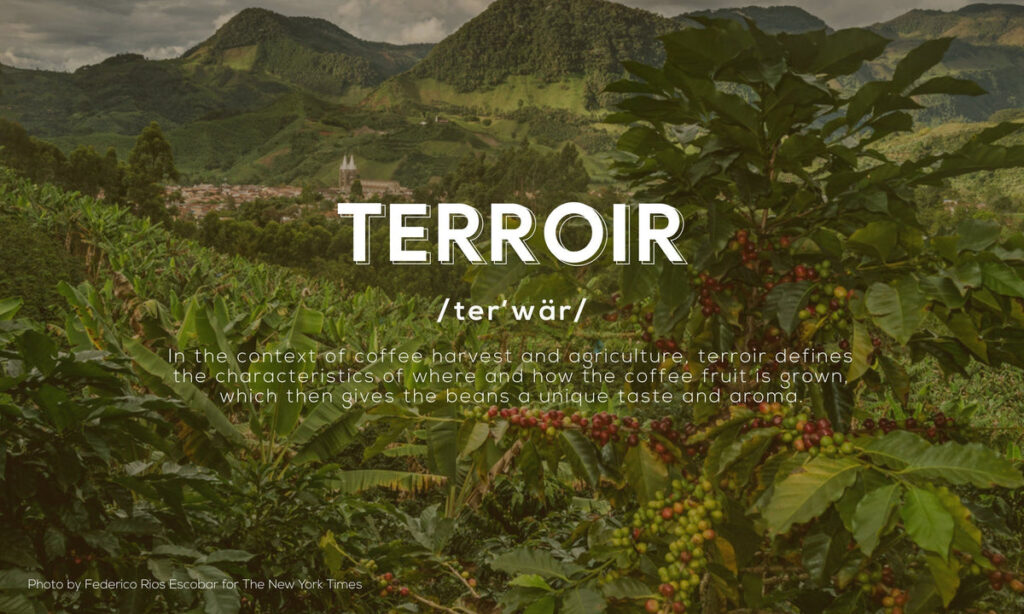The Rise of AgTech: Driven by Consumer Trends, Fueled by Venture Capital
Agricultural Technology, or AgTech, applies modern technology to agriculture, horticulture, and aquaculture. It aims to boost yield, efficiency, and profitability. Innovations include precision agriculture, biotechnology, automation, and data analytics. AgTech helps ensure food security and reduce environmental impact. This is vital amid global population growth and climate change. This analysis explores consumer demand’s role in AgTech adoption. It also covers venture capital’s view on this sector.
The Role of Consumer Demand in AgTech Adoption
Shifting Consumer Preferences
Consumer preferences shape agricultural practices. Many now prefer organic, sustainable, and ethical food. The organic product market is growing fast. This pushes farmers to use methods that cut synthetic inputs. These methods also boost biodiversity. Exploding Topics says farmers adopt IoT sensors and precision agriculture. These tools optimize water and fertilizer use. They match consumer values for sustainability. The global AgTech market hit $26.27 billion in 2025. It may reach $74.03 billion by 2034, driven by food production concerns.
Population Growth and Food Demand
The global population will rise by 2.3 billion by 2050. Most growth will occur in developing nations. Doit.software notes a 70% increase in food production is needed from 2005/07 levels. This means 1 billion more tonnes of cereal yearly. It also means over 200 million more tonnes of meat by 2050. AgTech is key to meeting this demand. Smart agriculture grew from $9.58 billion in 2017 to $12.4 billion in 2020. It could hit $34.1 billion by 2026.
Health and Sustainability Concerns
Health-focused consumers want food free of harmful chemicals and GMOs. Biotechnology, like gene editing, creates crops with desired traits. It avoids traditional GMO methods, appealing to these buyers. E-commerce and direct-to-consumer sales need traceability and quality checks. Blockchain in AgTech offers clear data on food’s farm-to-table journey. This builds trust and loyalty. Entrepreneur Quarterly says emotional connections matter. Agriculture firms must go beyond facts to engage consumers.
Venture Capital’s Investment in AgTech
Investment Trends and Statistics
Venture capital sees big potential in AgTech. Crunchbase reports $5 billion invested in AgTech startups in 2022 across 440 deals. This beat 2020’s $3.3 billion over 422 deals. Consumer food shifts and post-COVID trends fueled this. But AgFunder shows a 49% drop in 2023, with $15.6 billion invested. This ties to wider VC struggles. Still, AgTech’s future looks strong.
Investor Motivations
Investors like AgTech for tackling food security and climate change. McKinsey points to cellular agriculture as a growing area. It uses biotech to grow meat and dairy from cells. This method is carbon-neutral and gaining fans. Forbes says AgTech innovates across food production. This includes precision farming and modified foods. Investors include traditional VCs, impact funds, and corporate venture capital (CVC). AgFunder News highlights impact funds’ patient support. CVCs offer strategy and market access. CropLife lists 105 VC firms in agriculture, 38% started after 2015. Over 50% of top agriculture firms have CVC programs.
Future Outlook
AgTech’s future seems solid. Demand for sustainable food production keeps rising. Zion Market Research predicts a $79.7 billion agritech market by 2030. This reflects a 16.5% CAGR, driven by IoT and new tech. Venture capital will help scale these innovations. Startups may merge with big agribusinesses or go public, boosting investment.
Conclusion
Consumer demand for sustainable and transparent food drives AgTech growth. It pushes for efficient and eco-friendly technologies. Venture capital sees AgTech as a promising field. Despite funding dips, investment stays strong. This is due to global food and climate needs. Together, these factors reshape agriculture. They make it more resilient for future challenges.
Author
Muhammad Satrio
Muhammad Satrio is a multidisciplinary professional with a background in Agroecotechnology and a strong interest in agribusiness, export management, and digital marketing. He has worked in both national and international companies, gaining valuable experience in multicultural environments. With hands-on involvement in social media strategy, translation, hospitality, and research in landscape design and biotechnology, Satrio is known for his adaptability, multilingual fluency, and familiarity with ISO standards. He thrives in dynamic roles that challenge him to grow beyond his comfort zone.


